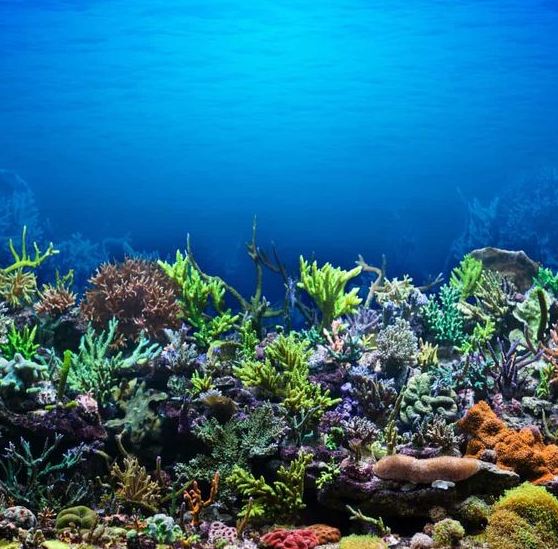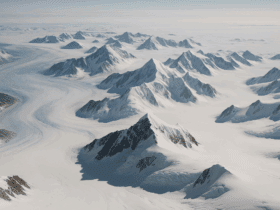At the equator, the tropical water is home to one of the richest diversity of marine life on Earth. Massive aggregations of tunas, manta rays, vibrant coral reefs, and sea turtles are just among a few creatures that swim happily at the equator. Or at least, that’s what we used to believe.
A recent report of the ocean’s current situation around the equator is now available, predicting a bleak future. The tropical water has already become too hot for a lot of species to survive, and global warming is to blame.
Here is what you need to know.
What Will Happen to Equator’s Waters
A team of researchers analyzed distribution records of about 50,000 marine species from 1955 until recent times and discovered a rise dip over time in the bell-shaped gradient of species richness.
As oceans warm, the species have found their preferred temperatures by travelling towards the poles. Some tropical species had even moved further to remain in their best thermal conditions.
Nowadays, species richness is mainly found in the northern hemisphere (off southern China and Mexico) and south (off northern Australia and southern Brazil).
This “travel pattern” will soon trigger a mass extinction if marine life keeps leaving the equator.Â

Consequences
Losing many species in tropical ecosystems will result in ecological resilience to environmental changes is lowered. It could also compromise the entire ecosystem.
On the other hand, in subtropical ecosystems, species richness is highly rising. Such a thing means that species invaders, new competitive relationships, and never-seen predator-prey interactions will appear. How bad could this be?
The tropical fish, for instance, that travels to Sydney Harbor, is in high competition with temperate species for habitat and food.
That is only the beginning. Soon, it could trigger an ecosystem collapse, and species might be gone forever.Â
What Should We Do
Raising global warming awareness is a start. Also, developing climate-smart reserves could help a lot right now, protecting biodiversity from many changes.
We can do that by placing reserves for marine life in refugia, where the climate will be steady over the near future.












Leave a Reply